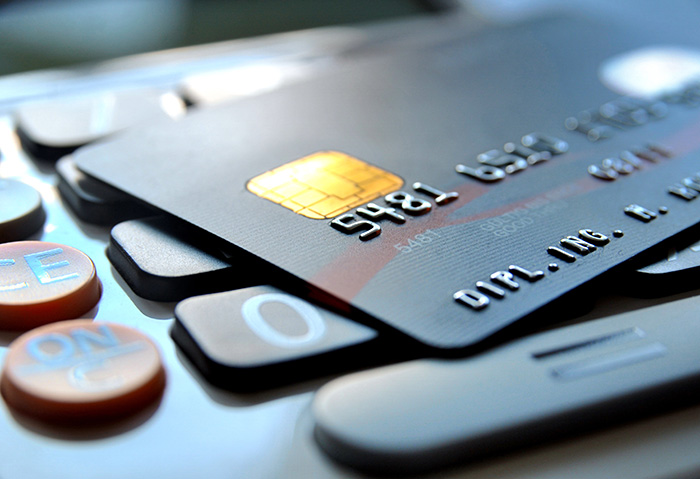Lagos state consistently ranks the highest amongst the states in terms of the IGR it generates, so it is curious to know what mechanisms it uses to achieve this. In recent years, incorporating technology into its systems operations to make them more efficient is a theme that has emerged in the state government. The proof is in the pudding they say. To be sure, just yesterday the Commissioner for Finance, Akinyemi Ashade, said that the state had increased its Internally Generated Revenue (IGR), increased by N36.9 billion from N399.4 billion in 2015 to N436.3 billion in 2016.
How did Lagos do this in a period of economic downturn? Ashabe said the state government had simply opened up its payments channels by including POS and a mobile payment option in for example Land Use Charge payments, which have helped to increase the number of tax payers in the state as these options have made it easier to pay fees and charges. The number of taxpayers in the state increased from 4.6 million in 2015 to more than 5 million in 2016.
He said that the state generated N7 billion from Land Use Charge (LUC) in 2016, which is a N1 billion increase from N6 billion generated in 2015. The commissioner specified that the payment channels innovations in the state finance ministry helped to increase the volume of revenue generated as more people now had easier access to pay their fees.
He went on to add that the Lagos State Internal Revenue Service (LIRS) alone generated N247.022 billion, which is 80% of the total IGR. According to Ashade, this was due to strategic revenue reforms in LIRS that saw 420, 000 new taxpayers added to the state’s tax roll.
The POS system and the M–Payment platform of the State Government have particularly eased the cost of transactions for land use charge not only for the government but also for the citizens. One benefit to the state government is that the POS and mobile payment ensure that the money is paid to a centralised system reducing any chance of funds misappropriation.
Another benefit is that it makes it easier for the state government to monitor exactly how much it is making. For the citizen, the ease of either paying with your phone or using a POS system means you eliminate long queues and cumbersome bureaucratic bottlenecks familiar in government offices.
